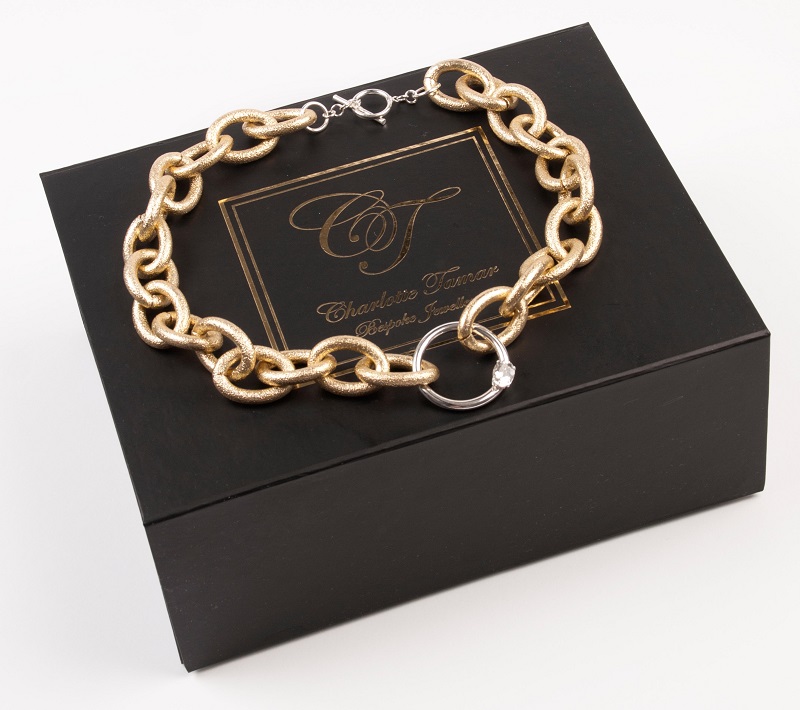Judges explain decision to deny British Bali drug smuggler a lawyer

Lindsay Sandiford, a British grandmother sentenced to death for smuggling cocaine into Bali, had her final appeal rejected by the Indonesian Supreme Court on Thursday. Sandiford, 57, will now face the firing squad unless she receives clemency from Indonesia’s president Susilo Bambang Yudhoyono, who has pardoned just four drug traffickers since coming into power in 2004.
Arrested in May 2012, after police found 4.8 kilograms of cocaine valued at £1.6 million in her suitcase, Sandiford received no legal aid from the UK government in her failed appeal against the Supreme Court.
Following the High Court of Denpasar’s dismissal of her initial appeal on 10th April, Sandiford claimed that the UK’s refusal to supply her with an “adequate lawyer” to save her from death was “unlawful” and asked that they would reconsider to enable her to appeal to the Supreme Court.
However, on 22nd April Master of the Rolls Lord Dyson, Lord Justice Elias and Lord Justice Patten, rejected this plea at the British High Court of Appeal, saying the UK had no legal obligation at all to provide financial aid for her legal battle and would not rescind longstanding policy not to provide funding for legal representation to any British national who faces criminal proceedings abroad. The judges promised to give further reasoning at a later date.
This later date was 22nd May and a written judgement by Lord Dyson claimed that the policy not to fund legal representative of Brits convicted abroad is not “irrational” and therefore the High Court of Appeal could make no exception in its application.
Dyson concluded: “It is based on reasoning which is coherent and which is neither arbitrary nor perverse.”
Despite this, Lord Dyson conceded: “One is bound to have great sympathy for the appellant,” adding that the death penalty is “rightly regarded by the government as immoral and unacceptable.”
Although no financial reprieve could be found for Sandiford in this case, Dyson did suggest that a change to a more favourable policy was not unthinkable, saying: “As the Secretary of State concedes, it would be possible to produce a policy under which funds for legal representation were made available to British nationals in certain defined circumstances.”
Sandiford’s appeal against the Supreme Court was ultimately financed through online donation sites “Justgiving” and “indiegogo”. A total of £10,000 was raised, £2,000 more than the amount requested from the government.
Rupert Bloor
















Facebook
Twitter
Instagram
YouTube
RSS